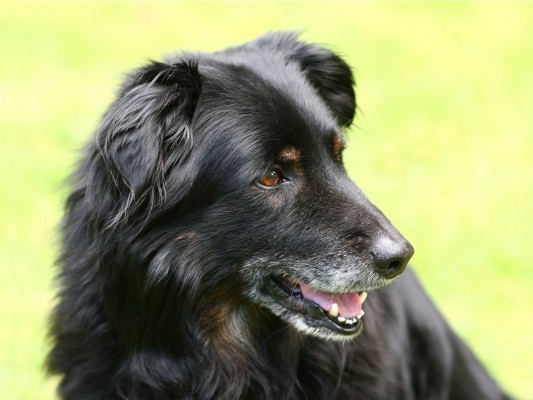


Animals can get dementia too! In dogs, it is well documented and is called canine ‘cognitive dysfunction syndrome’ (CDS). In cats, it is not well described but it is believed to present later in life. In dogs, it can occur from as early as 6 years of age, however is often noticed years later when significant changes are observed.
It’s generally characterised by: progressive confusion, reversal of day-night wake-sleep patterns and poor adaptation to change. It is a progressive disease and the early signs may only be very mild, with time it develops into more obvious signs.
It can affect many facets of our pets’ lives:

All of these changes can cause anxiety for your pet. At home, you can do a few things to help create a low-stress environment for your dog suffering from CDS.
Treatment for CDS, similar to dementia in humans, is a large area of research but there is currently no formal treatment for the disease. It is more based around maintaining mental health, while keeping your pet comfortable and happy to delay the progression of the disease.
There are many management options with only a few mentioned above and each case is individual and unique. If you think your pet could be suffering from CDS, book in for an appointment today to discuss it with one of our veterinarians. We can help you create a plan to manage and prolong quality of life for your dog.
Please note that any change in behaviour or activity level may indicate your pet is unwell and may not be related to the disease outlined above. If you notice your pet acting in a way that is not normal, please see your vet to get checked.